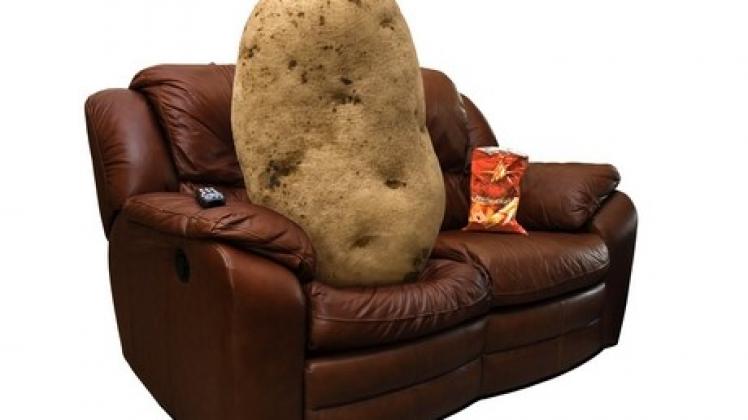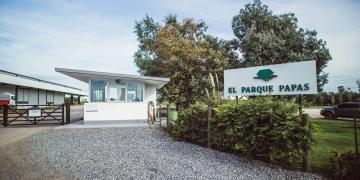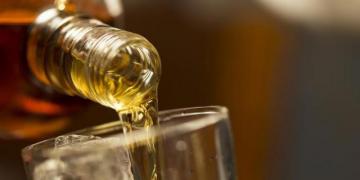Gran Bretaña: "Your next sofa could be made out of potato peel"
A damp pile of potato peels might not inspire everyone, but the trimmings and skins from our favourite vegetable could form furniture and fittings to help create a more positive, renewable approach to material use.

Last week, Rowan Minkley was named the UK’s most promising young engineering entrepreneur by the Royal Academy of Engineering’s Enterprise Hub. The co-founder and CEO of Chip[s] Board won the JC Gammon award -and the prize money of £15,000- for his company’s innovative work, converting potato into three sustainable new materials. These materials are Parblex, a bioplastic for fashion and interior design, and two particulate boards designed for furniture, fittings, temporary events and interior design.
Minkley and co-founder Robert Nicoll began work on the workable wood substitutes after being shocked by the amount of disposable, non-recyclable waste while freelancing at commercial events including exhibitions, festivals and shop fits. They were “overwhelmed by the lack of value materials were given and sheer disposability they held after such short lifespans”, says the company’s website.
The short use of non-recyclable consumer products – flat-pack furniture has an average lifespan of 10 years, says Minkley – and humanity’s throwaway culture were also an inspiration.
Chip[s] Board created the three materials in response. Chip strand board (CSB) is positioned as an alternative to environmentally unfriendly medium-density fibreboard (MDF).
Used extensively in furniture and fittings, MDF is non-biodegradable despite being roughly 80% wood fibre. Bound with urea formaldehyde, it either goes to landfill or is burned after use, polluting soil and waterways. Roughly one third of the 100 mln tonnes produced every year goes straight to landfill “because someone has cut a circle out of a square board,” says Minkley.
In contrast, Chip[s] Board says CSB is much more sustainable. It can reportedly be composted or recycled in-house by the company, and Minkley estimates it could replace 1-2m tonnes of MDF per year – maybe up to 5% if more global waste could be used.
Fuente: imeche.org






